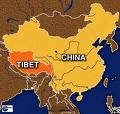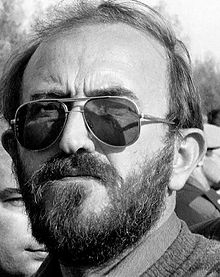 Noted scholar and SEN Journal contributor Dr. Khaled Fattah, left, recently answered questions on the fractious state of tribalism in Yemen. Dr. Fattah is a guest lecturer at the Centre for Middle Eastern Studies at Lund University in Sweden. He holds a PhD in international relations from the University of St Andrews in Scotland. Dr. Fattah is often quoted in international media as an expert of Yemen and state-tribe relations in the Arab world. His forthcoming book is entitled “Tribes and Revolutions in the Middle East”, Hurst Publications, London.
Noted scholar and SEN Journal contributor Dr. Khaled Fattah, left, recently answered questions on the fractious state of tribalism in Yemen. Dr. Fattah is a guest lecturer at the Centre for Middle Eastern Studies at Lund University in Sweden. He holds a PhD in international relations from the University of St Andrews in Scotland. Dr. Fattah is often quoted in international media as an expert of Yemen and state-tribe relations in the Arab world. His forthcoming book is entitled “Tribes and Revolutions in the Middle East”, Hurst Publications, London.
Why did the Yemeni state fail to overcome tribalism?
The failure of the Yemeni state to overcome tribalism is intimately linked to its failure to transform tribesmen into citizens. This failure is attributable, mainly, to state fragility and economic underdevelopment. The Yemeni state is so fragile that it lacks the basic infrastructural power to penetrate society, enforce it well and perform its core functions. It is important to note the difference between tribalism as cultural identification, and tribalism as political identity. As a cultural identification, tribalism is expressed in collective traditions and rituals which provide tribesmen and women with feelings of solidarity, frames of reference and views of meaning. It is the politicisation of tribal cultural identification which turns tribalism into a damaging force against good governance, progress and democratisation. Another reason behind the failure to overcome tribalism in Yemen is the Saudi factor. During the last five decades, the Saudi political administration has been promoting tribalism in Yemen as a counterbalance to possible political threats that may emerge from modern social forces in Sana’a. For example, hundreds of Yemeni tribal leaders are included in a vast network of Saudi patronage system. Continue reading




